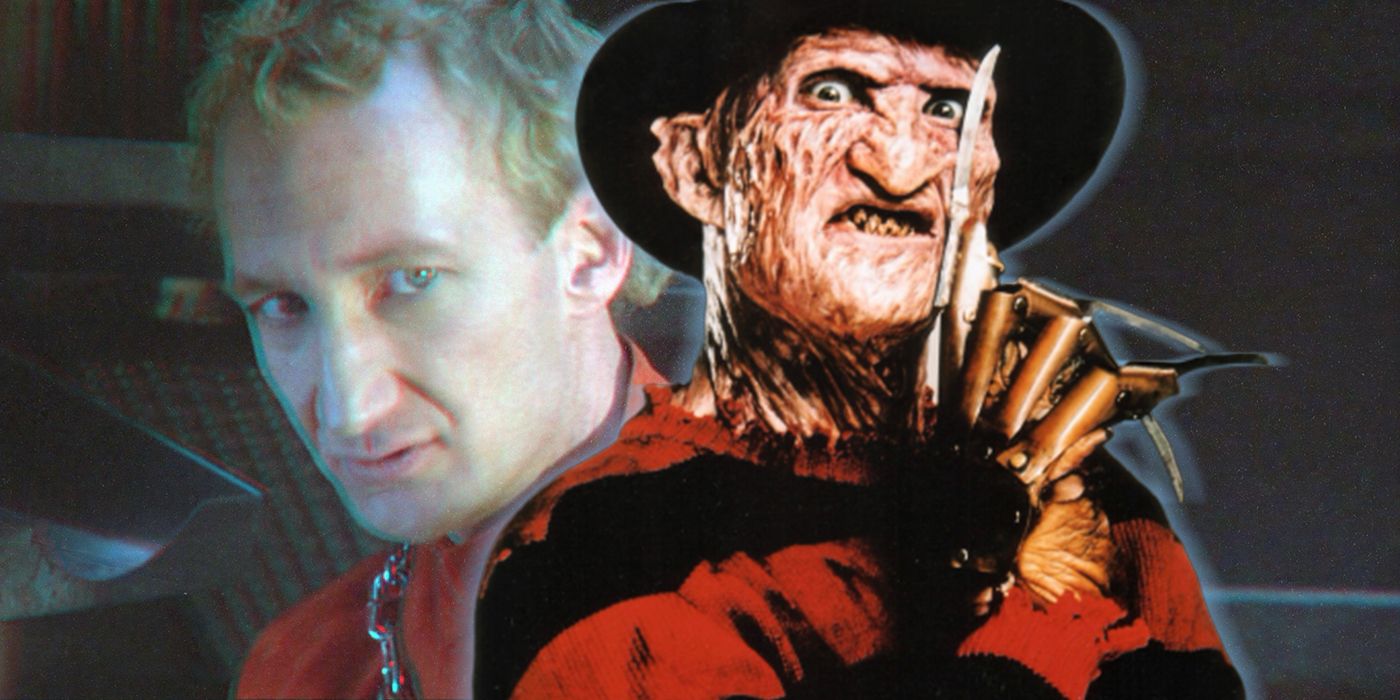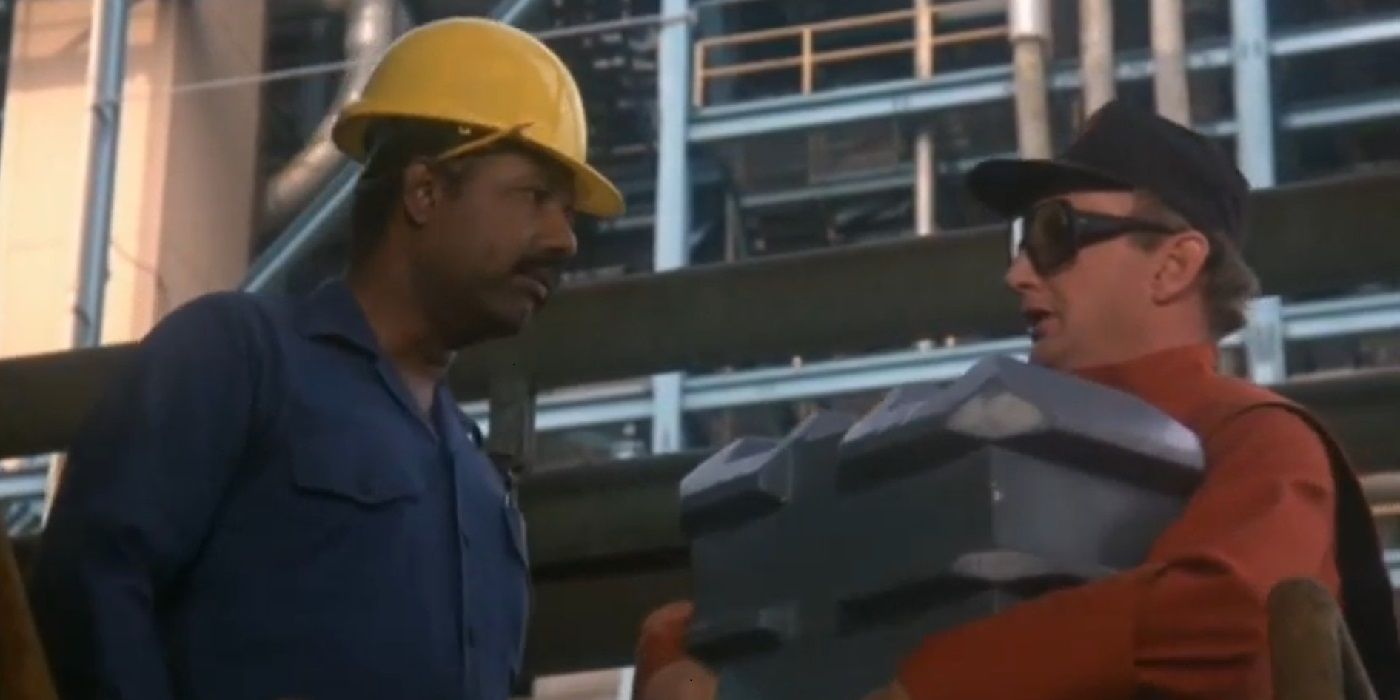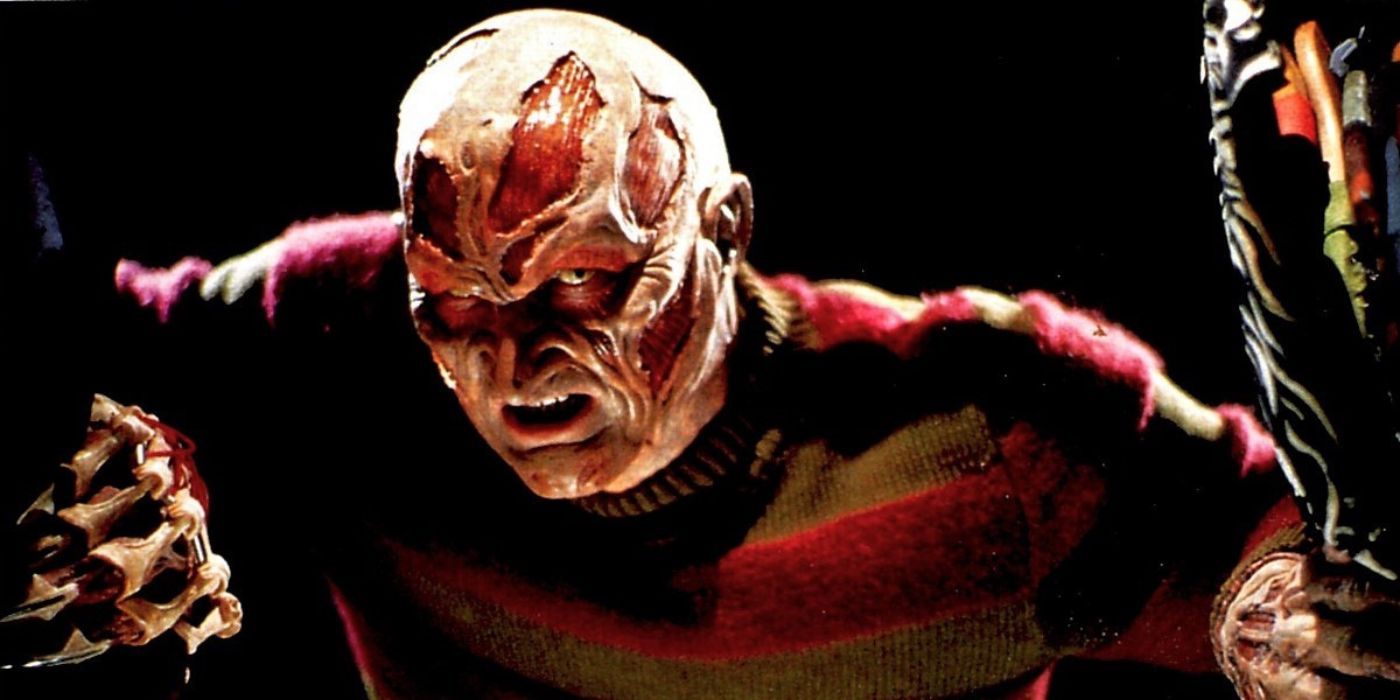Actor Robert Englund will forever be associated with Freddy Krueger, the ghoulish boogeyman who haunted teen's nightmares in the Nightmare on Elm Street series. That included eight movies and a television show, as well as countless ancillary appearances and merchandising tie-ins. Englund has always expressed justified pride in the character and his legacy, and one assumes he has no problems with the association.
But before the original film, he made a mark in V, the '80s sci-fi miniseries turned short-lived TV series turned slightly longer-lived reboot. That's less interesting in and of itself than Englund's character, Willie: as far from Freddy Krueger as a figure can be. When contrasted with the actor's later performances of the boogeyman, it's proof of his range and talent in a way that Freddy alone can't provide.
V Was a Metaphor for Fascism and Collaboration
V is essentially a riff on Europe under the Nazis, with Earth serving as the occupied territory. Visitors from outer space arrive, claiming to be friends and offering to help solve some of the planet's most pressing problems. They quickly integrate and receive eager support from local humans. It's all a ruse: they intend to exploit resources and dominate the populace. Worst of all, they're reptilian carnivores -- a fact that they've hidden from their new friends on Earth -- and human beings apparently go really well with fava beans and a nice Chianti.
The miniseries, and the series that followed, cover the rise of a human resistance who wage asymmetrical warfare against the technologically superior aliens. Englund's Willie is a benign figure: a humble technician who falls in love with a human woman and eventually turns against his own to join the human resistance. Along with a few other alien turncoats, he represents the idea that good people sometimes get caught up in evil movements and that the aliens themselves aren't inherently malevolent. Like all too many human governments, they simply fell to authoritarianism. Willie is just some poor guy who took a job without thinking about who he was working for.
Englund's Character in V Is Everything Freddy Krueger Isn't
Beyond that, however, it's the way the character stands out from Freddy that makes him so memorable. Willie is meek and compassionate, kind-hearted and incapable of hurting a soul. Frankly, he's something of a doormat, and before joining the human resistance, the other aliens treat him as such. He and his human lover Harmony become the saga's Romeo and Juliet, with their romance taking on political implications that neither of them wants. Harmony dies at the climax of the saga's second miniseries V: The Final Battle, giving him an air of tragedy as well.
Anyone used to Englund as Freddy will be struck by the sheer contrast. Willie is the exact kind of person Freddy might have terrorized as a teenager, and his conflict-adverse nature is nowhere to be seen in his boogeyman's flamboyant killing sprees. After defecting, he helps run a Casablanca-style bar in LA and even dresses up as Santa at one point. He's an overt statement on not judging a book by its cover, showing that even carnivorous reptilian aliens can be people too. Freddy, on the other hand, has no hidden side. He's exactly who he appears to be.
Though he's a supporting character, Willie is also one of only three to appear in every episode of the original run, alongside Marc Singer's protagonist Michael and Diana Badler's villain Diana. The original Nightmare on Elm Street opened in the fall of 1984, just a couple of weeks after V's single stand-alone season premiered. His prominence as Willie helped springboard him into Freddy but also demonstrated just how much the actor could accomplish regardless of the part. He'll always be Elm Street's nightmare, but that was far from his limits as an actor.



